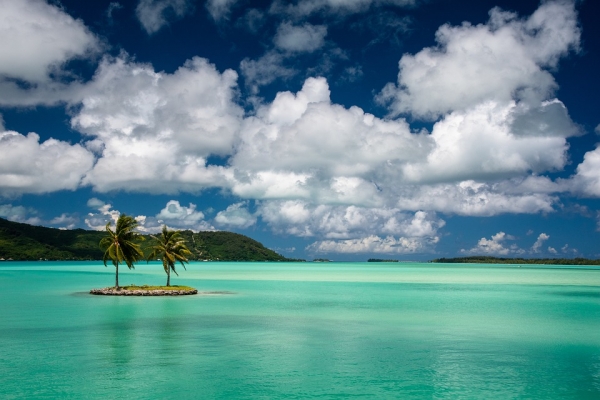Climate change, ocean degradation, and biodiversity loss are causing entire land-sea ecosystems to collapse, and island communities are disproportionately impacted. Removing invasive species from islands, and rewilding them with native species, is a scalable solution that produces outsized benefits for wildlife, oceans, and communities.
Just one year after the launch of the Island-Ocean Connection Challenge (IOCC), Island Conservation, Re:wild, and UC San Diego’s Scripps Institution of Oceanography, along with a growing cadre of IOCC partners are excited to announce the first eight island-ocean ecosystems selected to be restored and rewilded from ridge-to-reef. The IOCC, launched in April 2022, brings in a new era of conservation focused on holistic restoration to benefit wildlife, oceans and communities. The challenge aims to restore 40 globally significant island-ocean ecosystems by 2030.
The first eight projects, in alphabetical order, are:
- Floreana Island, Galapagos, Ecuador;
- Kamaka Island, French Polynesia;
- Late Island, Tonga;
- Midway Atoll, United States;
- Ngerkeklau Island, Palau;
- Sonsorol State, Palau;
- Tetiaroa Atoll, French Polynesia;
- and Ulong Island, Palau.
“The first eight island-ocean ecosystems selected for the IOCC are home to some of the most biodiverse and threatened ecosystems on the planet.” said Penny Becker, vice president of conservation at Island Conservation. “The restoration and rewilding of these island-ocean ecosystems will have dramatic results for native wildlife, the surrounding marine environment, and the local communities dependent on these natural resources, serving as a model for other island-ocean ecosystems.”
Read more at Scripps Institution of Oceanography
Photo Credit: xiSerge via Pixabay


